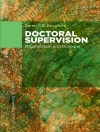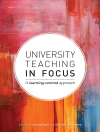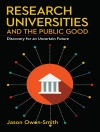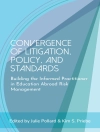Issues of diversity and affirmative action have turned elite higher education in the United States into contested terrain. Rights revolutions in the country have raised hopes that have proved difficult to fulfill. Most particularly, expectations about access and opportunity–redressing the unfairness of the past–have collided with widely held beliefs: that educational institutions should treat each person fairly as an individual and should promote high academic standards. Promise and Dilemma gathers the reflections of a group of leading educators on whether and how objectives of diversity, equity, and excellence can be simultaneously pursued. Empirical in orientation, these essays focus on constructive proposals and on the role of social and political consensus. Furthermore, they contrast what we believe we know with what empirical data and institutional experience can teach us.
Eugene Lowe’s substantive introduction reviews the history of the practice of affirmative action in colleges and universities. The other essays are by L. Scott Miller of The College Board; Mamphela Ramphele, vice chancellor of the University of Cape Town; Neil J. Smelser of the Center for Advanced Study in the Behavioral Sciences, Stanford; and Claude M. Steele of Stanford University. Also included are commentaries by Randall Kennedy, Harvard Law School; Richard J. Light, John F. Kennedy School of Government, Harvard University; Chang-Lin Tien, the University of California, Berkeley; and Philip Uri Treisman, the University of Texas.
Tentang Penulis
Eugene Y. Lowe, Jr., is Associate Provost of Northwestern University.












